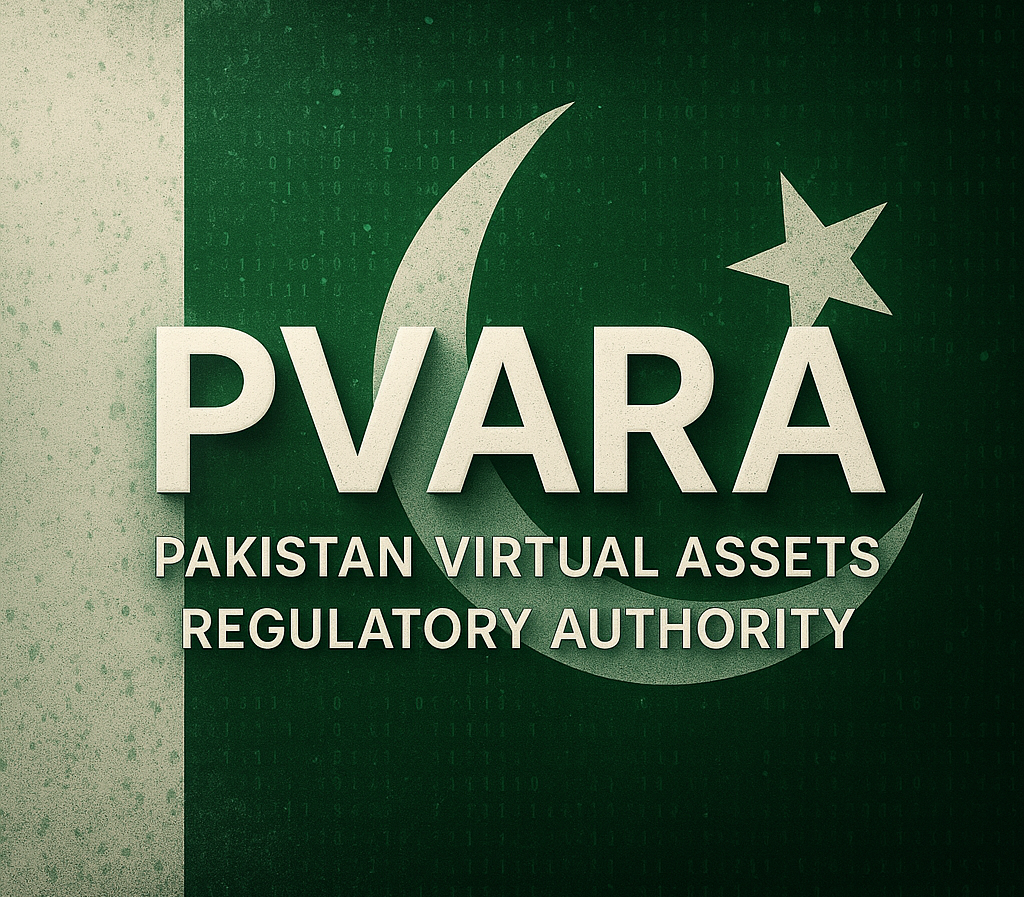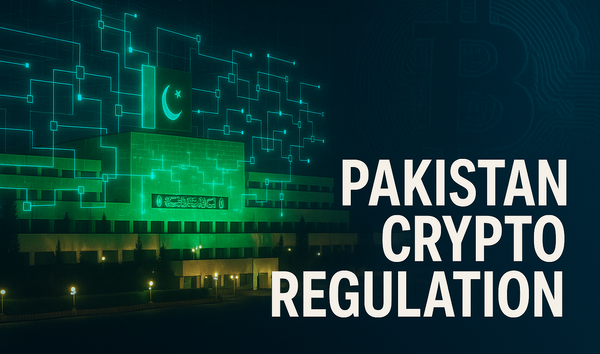Crypto Pakistan: PVARA’s August 2025 Regulation Update
Pakistan’s crypto regulation framework is nearly ready, but the rollout has been delayed. The Finance Ministry confirmed that PVARA will take three more months to issue licenses for exchanges and Bitcoin mining firms as the country aligns with IMF, World Bank, and FATF standards.

Islamabad, August 2025, Pakistan’s long-awaited crypto regulations are moving closer to reality, but the rollout will take a little longer than expected.
The Pakistan Crypto Council (PCC) and the newly formed Pakistan Virtual Assets Regulatory Authority (PVARA) were widely expected to announce the country’s first regulatory framework for digital assets this month. However, according to officials at the Finance Ministry, the process will require at least another three months before licenses are officially issued to exchanges and Bitcoin mining companies.
The Finance Ministry has stressed that while the framework is largely in place, extra time is needed to ensure compliance with international financial standards.
Regulators must balance the opportunities of legalizing digital assets with the responsibility of addressing potential risks such as money laundering, fraud, and terrorist financing. This means aligning Pakistan’s new policies with the requirements of the IMF, World Bank, and Financial Action Task Force (FATF) before moving forward.
In July 2025, the federal cabinet formally approved the establishment of PVARA under the Virtual Assets Ordinance, 2025, giving it the authority to license, regulate, and supervise all Virtual Asset Service Providers (VASPs) in the country. Since then, banks, exchange companies, and industry stakeholders have been briefed on the upcoming framework under the Virtual Assets Act, 2025, signaling that the government is serious about moving ahead.
| What’s Coming | Timeline | Why It Matters |
|---|---|---|
| Licensing of crypto exchanges | Likely by Oct 2025 | Enables legal operations and investor protection |
| Permissions for Bitcoin miners | Soon after | Unlocks mining opportunities via allocated surplus power |
| Alignment with global standards | Ongoing | Ensures credibility, FATF compliance, and innovation |
Why This Matters for Pakistan
- Regulatory Clarity: Licensing denotes a shift from uncertainty to legitimacy for Pakistan’s crypto market.
- Economic Potential: Linked initiatives, like surplus energy for mining and strategic Bitcoin reserves, could attract foreign investment.
- Global Alignment: Keeping pace with the IMF, FATF, and World Bank ensures integrity and institutional trust.
- Regulatory Leadership in South Asia: Pakistan is positioning itself as an early crypto-regulated jurisdiction in the region.
For Pakistan, the stakes are high. Regulation could transform the country into a regional leader in South Asia’s crypto economy, unlocking billions in remittances, attracting foreign investment, and providing legitimacy to a sector that has long operated in legal uncertainty. At the same time, the government is cautious, knowing that missteps could risk further scrutiny from international bodies and undermine financial stability.
As things stand, the road to regulation is firmly underway, but Pakistan’s crypto industry will need to wait until at least late 2025 for the official rollout. If successful, this framework could mark the country’s most significant step yet toward embracing Bitcoin and digital assets as part of its financial future.




